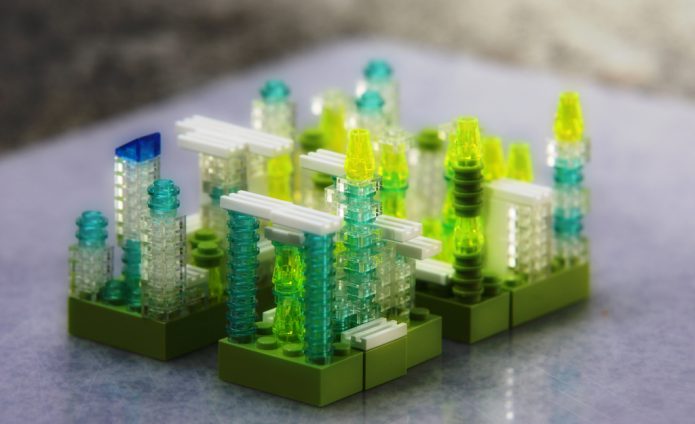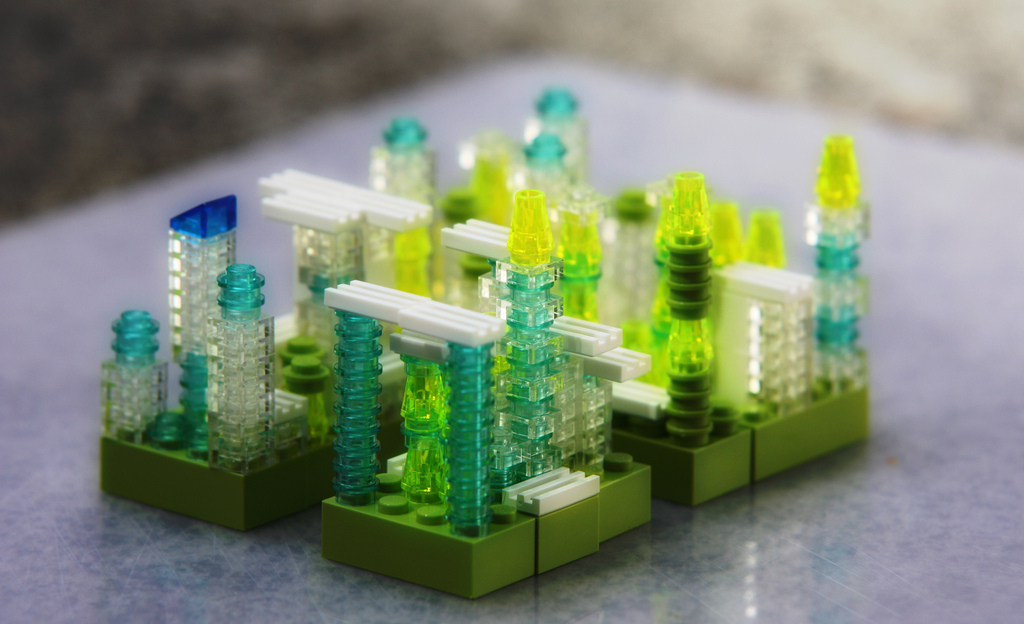
(Photo: Flickr / Dan Zen)
The Wizard of Oz was one of my favorite movies as kid growing up in Trinidad.
I liked thinking that a magical storm could take you somewhere new, where you could meet fun new friends and even take your pet dog along. Heck, even a new pair of shiny red shoes awaited you.
What the film doesn’t dwell on much is that the dangers Dorothy faces in Oz pale in comparison to the realities of life in Kansas in the early 1900s Dust Bowl, which was wracked by tornadoes and drought. Some 200,000 children found themselves orphaned. It’s a wonder Dorothy ever wanted to go back.
Most women in her situation don’t.
According to the United Nations, there are over 111 million women immigrants in the world today. They’ve left their homes because of violent conflicts, economic crises, manmade humanitarian emergencies, and natural disasters.
Many have suffered horrendous injustices that people born in wealthy countries can scarcely contemplate. Even if they’re able to settle safely and legally in a new place, they may face prejudice, loneliness, or poverty. Many may have held jobs in their countries of birth that aren’t available to them in their new homes, or they might have educational credentials that don’t transfer.
Fortunately, immigrant women have transferable skills that can be used to build new communities and opportunities — even if it’s just a brain willing to understand, a heart full of compassion, and the courage to persevere in the face of tremendous odds
That’s why a few friends and I launched the Women Building Sustainable Innovation project, or WBSI. Our idea is to turn the emerging sustainable energy economy into a yellow-brick road for other immigrant women like ourselves.
Major advancements in sustainable technologies for water, wind, solar, and renewable energy are creating huge new opportunities. Solar jobs alone are growing at 20 times the rate of the broader economy.
Forward-thinking companies recognize that they’ll need to have equal representation of women within their ranks, especially immigrant women who may have experience with lower-tech sustainable practices from their previous homes.
But male-dominated companies may lack the cultural awareness to relate to immigrant women, even those seeking exactly what green companies are offering — new opportunities to rebuild lives and communities. So we’re setting up programs for these companies to meet, educate, train, and hire talented immigrant women.
We’re piloting our project in my home state of Maryland, one of the most progressive states for welcoming immigrants and refugees in the country. With over 65 non-profit organizations supporting entry and assimilation — and a growth rate almost entirely driven by immigration — the state has the necessary ecosystem to support a project focused on green jobs for immigrant women.
We’ll offer them modules on climate change, renewable energy, and sustainable agriculture, among other things, with a goal of getting 1,000 immigrant women in Maryland into the local sustainable workforce by 2020.
Dorothy’s journey to Emerald City was filled with twist and turns, but she didn’t walk it alone. We at the Women Building Sustainable Innovation project will guide as many as we can toward a prosperous, clean-energy future in a new home. And there’s plenty of room for munchkins, tinmen, lions, and scarecrows to join us.
